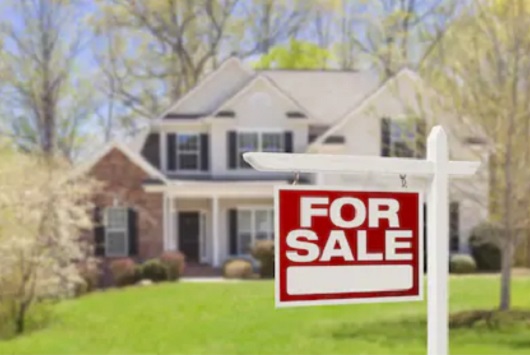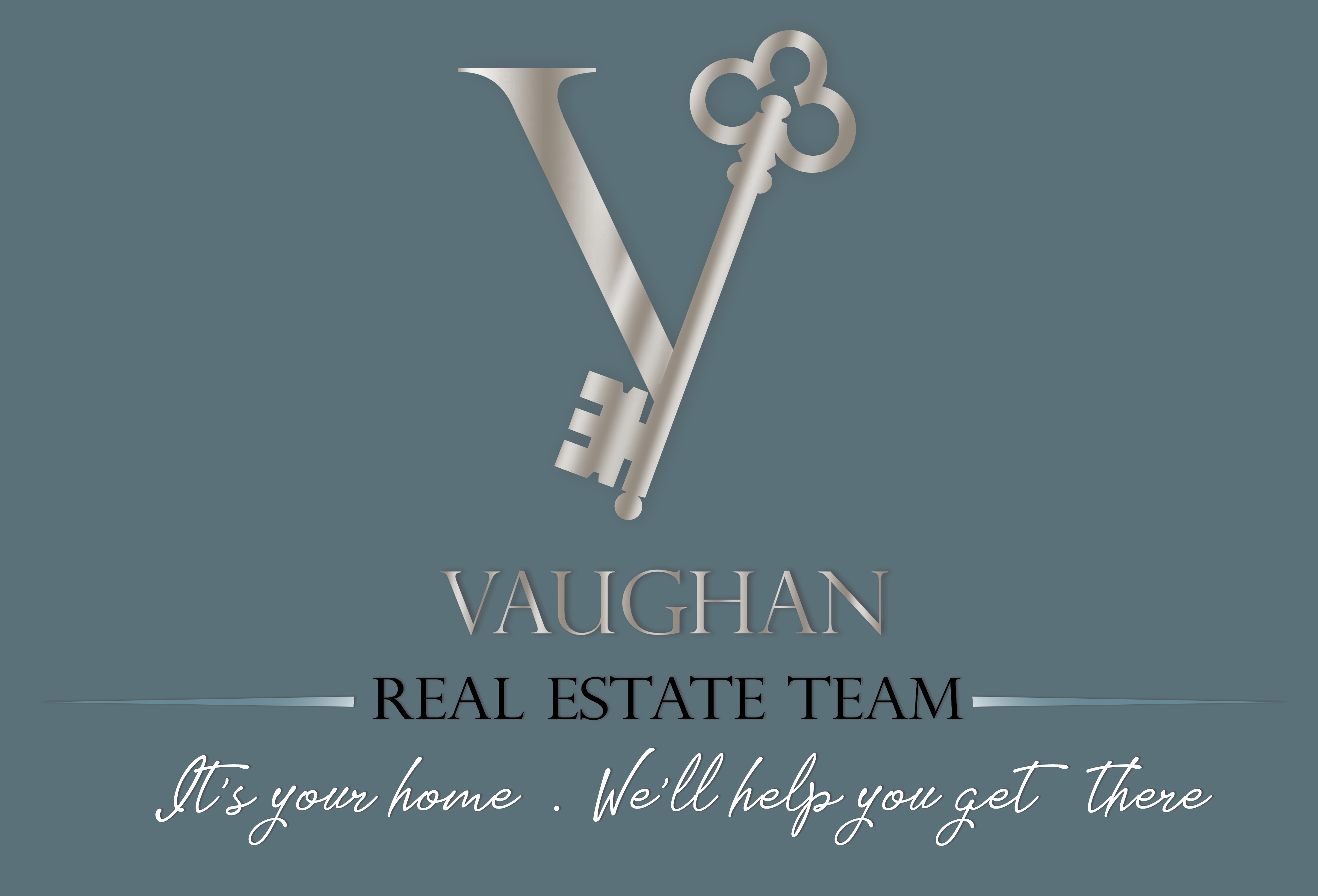FAQ
🏠 BUYER

1. What are closing costs and how much are they?
Closing costs are additional fees that are charged to you in a real estate transaction.
These fees can include: fees from your lender for originating and processing the loan, title insurance premiums, survey fees, appraisal fees, filing the property deed with the county, attorneys who prepare the deed and other documents, homeowners insurance premiums, etc.
In general closing costs are about 1-2% of the purchase price and is included in the money you need to bring to closing.
2. If I want to use a realtor, how much does it cost?
Using a real estate professional is always recommended. Real estate agents are licensed by the state and trained on the home buying process.
Having someone represent you and your interests when buying a home is a smart move. Most people only buy 2-3 homes in their lifetime.
Real estate agents help people buy and sell homes every day. That being said, there usually is no cost to home buyers to use a real estate agent.
Most of the time, agent fees are paid for by the home seller (including new home builders).
3. What is an inspection and do I really need one?
An inspection is a complete review of a home and its systems that is done by a trained licensed professional.
Each aspect of a house is reviewed in person – from the roof to the foundation – to determine if it is functioning appropriately. If it is not functioning properly, that is noted and suggestions are made as to repairs.
As a home buyer, it is STRONGLY recommended that you get a home inspection from a reputable home inspector. Doing so can save you thousands of dollars and a lot of heartaches.
▶️ WHAT TO EXPECT FROM AN INSPECTION
4. I want to buy a house. What should my first step be?
As tempting as it is to jump in the car to start looking at houses, we recommend not starting your home buying process with us.
The first step is to find a good local mortgage lender to work with. It is really important to have an understanding of your financial picture first.
A mortgage lender can help you understand how much home you can afford and whether or not the time is right for you to begin the home buying process.
5. I need to sell my current home. Should I plan on buying before or after I sell?
That depends. If you need the equity/cash out of your current home before you can purchase your next one, then you will likely need to sell before you can buy. If you don’t, then you can start shopping now.
Please be sure to discuss this with us because we can help develop a strategy that will help you maximize your selling price along with facilitating your purchase so that you have as little inconvenience as possible.
6. What is earnest money? What is option money?
In Texas, there are two forms of financial consideration that are given to a home seller by the buyer once a contract on the house is executed.
The first is option money. This allows the buyer the right to have the home inspected and do whatever other due diligence they feel necessary during a negotiated period (usually 7-10 days in most purchases).
This fee generally is about $100-250 (depending on the price of the house in question) and is paid directly to the seller. During that option period, the buyer has the unrestricted right to terminate the purchase agreement for any or no reason at all. However, the option fee will remain with the seller.
Earnest money is generally 1-2% of the purchase price and is essentially good faith money, telling the seller that you as a buyer are serious about purchasing the home.
This money is paid directly to the title company and will be credited toward the amount of money the buyer has to bring to closing.
7. How long does it take to close on my purchase?
It depends. If you are obtaining a mortgage on your house, the standard escrow period is 30-45 days, depending on the lender.
If you are paying cash for your house, most closings can take place IN AS LITTLE AS 14 days.
8. What is a seller’s market and what does it mean for me?
A “seller’s market” generally means that there are more buyers in the market than there are homes for sale. As a buyer in this type of market, it is important to have a good sense of what features you want in a house and in which area you prefer to be before you start shopping in earnest.
Buyers have a lot of competition for the homes that are on the market and there generally isn’t much “sleep on it” time.
To best position yourself for success as a buyer in a seller’s market, it is important to have your financing all lined up and ready to go because sellers won’t wait for you to do this. It is important to realize that you may have to pay more than you want for the house you love.
An experienced agent won’t let you overpay (unless you want to), but will also help you understand the details of the market and help you present the most favorable offer possible to the seller.
9. What is a buyer’s market and what does it mean for me?
In a “buyer’s market”, supply of available homes tends to outweigh the demand from buyers.
Buyers often have a lot of choices of homes in a buyer market and these choices can be overwhelming, so it is key to again have a sense of the features you want and need in your next home before you begin shopping.
This will expedite the process. It is more likely in a buyer market that you as a home buyer will have a better chance of getting a great house at a reasonable price.
10. What happens if I change my mind?
Buying a house is a big decision and it’s understandable that you may change your mind at some point in the process.
If you do wish to change your mind once you are under contract to purchase a home, the best time to do so is during your option period.
During this period, the buyer has the unrestricted right to terminate the contract for any or no reason at all.
However, should your circumstances change during the buying process, please notify your agent immediately and allow him/her to advise you about your next steps.
🏡 SELLER

1. How long will it take to sell my house?
The escrow period once your house is under contract is generally 30-45 days for a financing deal or 2-3 weeks for a cash deal.
This does not include the time needed to market your home and depends largely on the lender involved in the transaction.
2. How much will it cost?
The fees charged by a real estate professional are negotiable, but most agents charge around 6% of the sales price.
Beyond that, there are fees that will be charged to you as a seller as a part of the closing. Those fees are generally between 1-2% of the sales price.
3. What is a seller’s market and what does it mean for me?
A “seller’s market” is one in which there are more buyers looking for homes than inventory. In such a market, sellers can be presented with multiple offers from potential buyers and home prices will rise.
An experienced real estate professional can help you navigate any market and best position your home to bring top dollar in the shortest amount of time.
4. What is a buyer’s market and what does it mean for me?
A “buyer’s market” in one where the supply of available homes exceeds the demand from buyers. Home prices often soften.
It is important to make sure that your real estate professional is one who can help you price and present your home in a way that will minimize your time on market and maximize your return.
5. When is the best time to sell my house?
While homes sell all year round and there are advantages to marketing your home in each different season, in most markets it holds that Spring and Summer are the times of year when inventory rises as does the pool of potential buyers.
6. What do I need to do to get my house ready for market?
The key to getting your house ready for market is to put yourself in the buyer’s shoes. You want to make sure your home appeals to the maximum number of buyers who are looking for a home in your size range.
We have broken the process down into our “4D’s of home preparation”.
1) De-clutter,
2) Depersonalize,
3) Do the little things, and
4) Dress it Up.
A home that is clean, neutralized, and in good repair will be well received by any buyer.
▶️ The 4 D’s of Home Sale Preparation: De-Clutter
7. What are closing costs for sellers?
All closing costs are negotiable as a part of the contract, but some common closing costs for “home seller’s can include”:
- Realtor commissions for both agents (buyer and seller)
- Title insurance for the buyer
- 1 year of a home warranty for buyer
- A new survey of the property
- Any lender required costs that the buyer is not allowed to pay for (applies to FHA and VA loans)
8. Does assessed value have anything to do with market value?
Not usually. The assessed value is one that is determined by the county for taxing purposes and often does not give home owners credit for upgrades and improvements to the interior of the home.
Market value will take into account all the features and amenities of your home in comparison with other homes near you with similar features and benefits.
9. Does staging really matter?
Yes. Staged homes tend to have a shorter time on market and sell for more money. Staging can be key to creating the proper impression for buyers when they enter your house.
Staging can help buyers envision how they will live in the house and begin to emotionally connect to the house. It is this emotional connection that causes a buyer to buy your house.
10. Should I move out before selling?
That is not necessary. Homes with furniture in them tend to show better.
However, should you need to move before or while your house is on the market, there are some easy staging tricks that can keep your house on the top of buyers’ lists.
